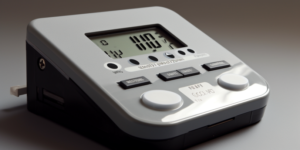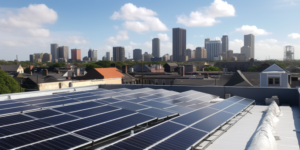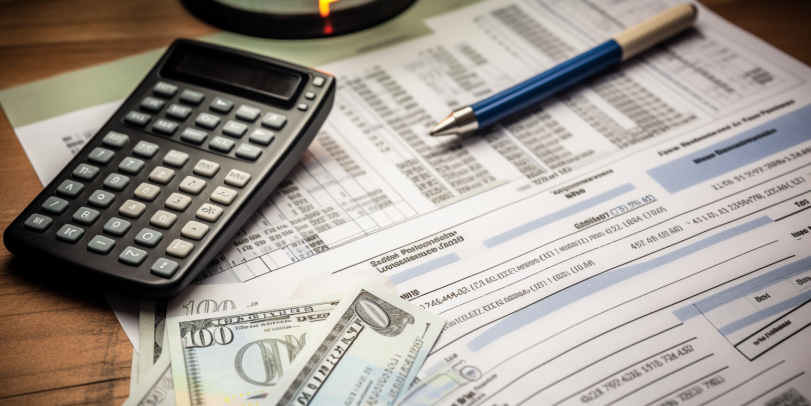
Understanding and managing your monthly electric bill is a fundamental aspect of responsible household and business management. The intricacies of electricity usage and the complex factors that influence it necessitate a comprehensive understanding of the subject.
From the location and size of the establishment to the appliances and heating methods employed, numerous variables contribute to energy consumption. Heating and air conditioning, in particular, significantly impact electricity usage. However, implementing energy-efficient appliances, insulation, and smart power strips can help mitigate excessive consumption. It is also essential to be aware of ‘vampire appliances’ that continue to draw power even in standby mode.
Moreover, commercial ventures, with their controlled temperatures and larger appliances, tend to consume more energy than residential units. By incorporating proper insulation, efficient windows, and solar panels, one can significantly reduce energy expenditure. Additionally, electricity prices vary by state, with deregulated states often offering lower rates.
Ultimately, reducing power usage not only leads to cost savings but also contributes to environmental sustainability by curbing greenhouse gas emissions.
Key Takeaways
- Monthly electric bills depend on electricity usage and the rate per kilowatt-hour.
- Energy-efficient appliances, insulation, and changing habits can help reduce energy consumption and save money.
- Standby power from ‘vampire appliances’ can be reduced with a smart power strip.
- Commercial ventures consume more energy due to controlled temperature and larger appliances.
What Affects Electricity Usage?
Several factors influence electricity usage, including location, household size, appliance usage, and heating methods.
Location plays a significant role in electricity consumption as climate and weather conditions affect the need for heating or cooling. Warmer regions may have higher energy usage due to increased air conditioning demands.
Household size also impacts electricity usage, as larger households tend to have more appliances and devices in use.
Additionally, the specific appliances and their usage patterns contribute to overall energy consumption. Common energy wasting habits, such as leaving lights on when not needed or running appliances on standby mode, can significantly increase electricity usage.
Furthermore, heating methods, such as using electric space heaters, can consume a considerable amount of energy.
Understanding these factors can help individuals manage their monthly electric bills more effectively.
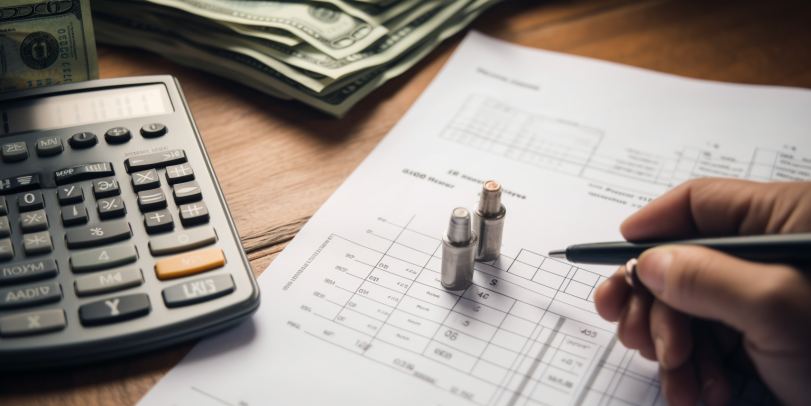
Calculating Your Energy Consumption
To accurately assess energy usage, it is necessary to calculate the amount of electricity consumed by various appliances and devices in a household or commercial establishment.
Calculating energy usage accurately involves estimating energy consumption based on the wattage of each appliance and the duration of its usage. By referring to the wattage labels on devices and knowing the number of hours they are used per day, one can determine the energy consumption in watt-hours.
To convert this to kilowatt-hours (kWh), divide the watt-hours by 1000.
Additionally, it is important to consider the number of days in a billing cycle to calculate the total energy consumption for that period.
By calculating energy usage accurately, individuals and businesses can better understand their electricity consumption patterns and make informed decisions to reduce energy waste and optimize efficiency.
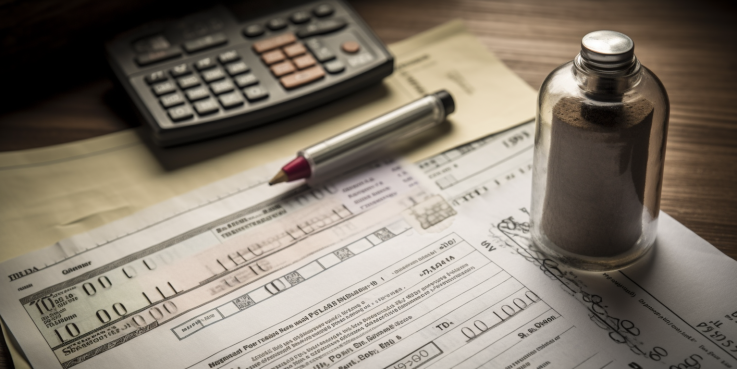
Tips to Reduce Energy Bills
One effective strategy for reducing energy bills is implementing energy-efficient practices and technologies. By adopting smart home technology and developing energy-saving habits, households can significantly decrease their monthly electric bills. Smart home devices, such as programmable thermostats and smart power strips, allow for better control and management of energy usage. Additionally, practicing simple habits like turning off lights when not in use, unplugging electronics when not in use, and using natural lighting during the day can contribute to substantial energy savings. Furthermore, utilizing energy-efficient appliances and upgrading insulation can further reduce energy consumption. Implementing these strategies can not only save money but also contribute to a more sustainable and environmentally friendly lifestyle.
| Energy-Saving Tips | Benefits |
|---|---|
| Use programmable thermostats | Better control of heating and cooling costs |
| Unplug electronics when not in use | Eliminates standby power consumption |
| Utilize natural lighting | Reduces reliance on artificial lighting |
| Upgrade to energy-efficient appliances | Decreases energy consumption |
| Improve insulation | Minimizes heat loss and reduces heating costs |
